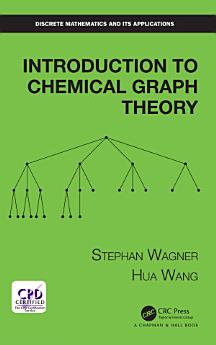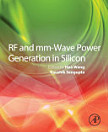Introduction to Chemical Graph Theory
ਇਸ ਈ-ਕਿਤਾਬ ਬਾਰੇ
The authors wrote the book in an appealing way that attracts people to chemical graph theory. In doing so, the book is an excellent playground and general reference text on the subject, especially for young mathematicians with a special interest in graph theory.
Key Features:
- A concise introduction to topological indices of graph theory
- Appealing to specialists and non-specialists alike
- Provides many techniques from current research
About the Authors:
Stephan Wagner grew up in Graz (Austria), where he also received his PhD from Graz University of Technology in 2006. Shortly afterwards, he moved to South Africa, where he started his career at Stellenbosch University as a lecturer in January 2007. His research interests lie mostly in combinatorics and related areas, including connections to other scientific fields such as physics, chemistry and computer science.
Hua Wang received his PhD from University of South Carolina in 2005. He held a Visiting Research Assistant Professor position at University of Florida before joining Georgia Southern University in 2008. His research interests include combinatorics and graph theory, elementary number theory, and related problems
ਲੇਖਕ ਬਾਰੇ
Stephan Wagner grew up in Graz (Austria), where he also received his PhD from Graz University of Technology in 2006. Shortly afterwards, he moved to South Africa, where he started his career at Stellenbosch University as a lecturer in January 2007. His research interests lie mostly in combinatorics and related areas, including connections to other scientific fields such as physics, chemistry and computer science.
Hua Wang received his PhD from University of South Carolina in 2005. He held a Visiting Research Assistant Professor position at University of Florida before joining Georgia Southern University in 2008. His research interests include combinatorics and graph theory, elementary number theory, and related problems in other fields. Most of his work, however, focuses on extremal problems related to topological indices.






